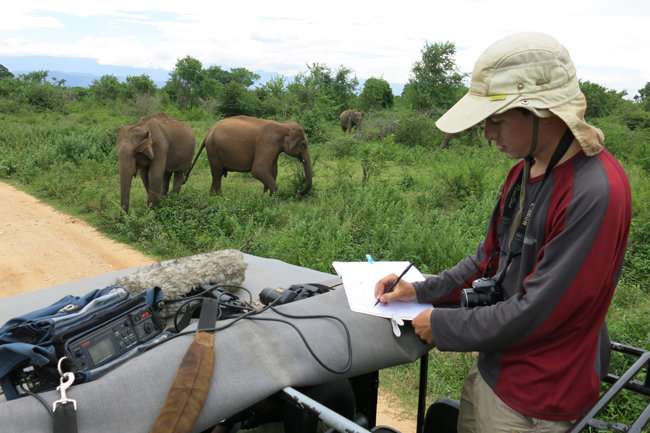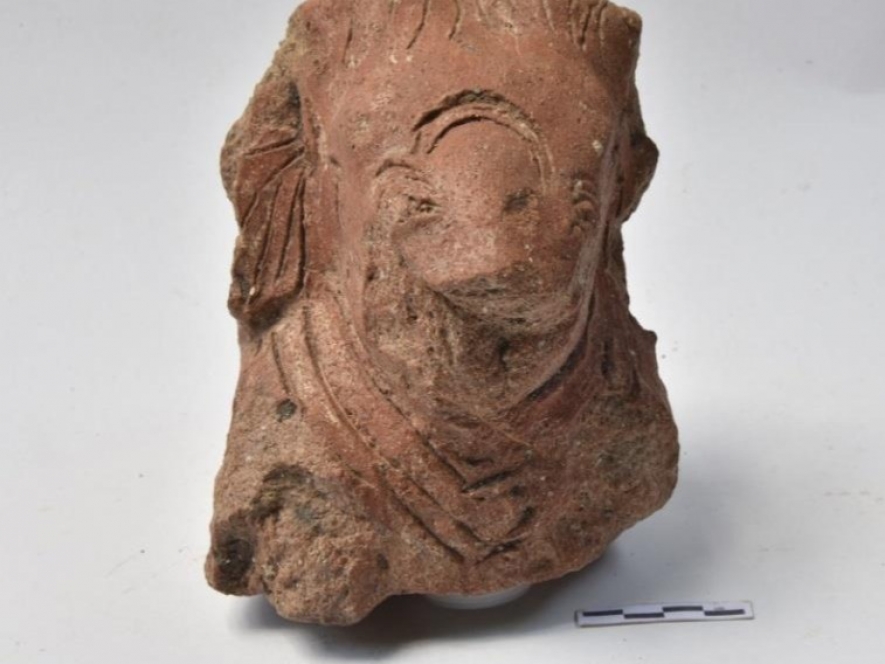Jan 22, Colombo: A research study published in Current Biology reports that the Sri Lankan elephants are scared of the sounds of honey bees and the honey bee colonies can be used to deter the elephants from roaming into villages and destroying the farmers’ cultivations.
Playbacks of honey bee sounds have successfully been used for many years to scare away the African elephants from farm lands but this is the first time the technique has been used with Asian elephants, according to a report in EurekAlert!, the news service of the American Association for the Advancement of Science (AAAS).
The study, led by Dr Lucy King, a Research Associate with the Oxford University Department of Zoology and head of the Human-Elephant Co-Existence Program for Save the Elephants, showed that Asian elephants responded with alarm to the bee simulations. They also retreated significantly further away and vocalized more in response to the bee sounds compared to controls.
The team now hope that beehive deterrents can be applied to prevent Asian elephants from raiding crops.
The research study was performed in collaboration with elephant scientists from Cornell University, Save the Elephants, Trunks and Leaves, Disney’s Animal Kingdom and University of Peradeniya in Udawalawe National Park, which has an exceptionally large elephant population.
“Udawalawe is a microcosm for the issues Asian elephants face, because it is practically encircled by agriculture and settlements. This study takes the first step in offering a new way of addressing the conflicts that arise as a result,” said Dr. Shermin de Silva, Director of the Udawalawe Elephant Research Project.
In partnership with the Sri Lankan Wildlife Conservation Society and Australia’s Newcastle University, a network of 10 trial beehive fence projects are presently being tested to see if they can reduce human-elephant conflict for rural farms in central Sri Lanka.
“We have a wonderful community of willing farmers there who are helping us understand if beehive fences could work to reduce conflict in this intensely high human-elephant conflict zone,” said Dr. King. “Although beehive fences may not completely stop elephant crop-raids the honey bees provide other benefits to the farms in the form of pollination services and a sustainable income from honey and wax products.”
Dr King said Asia has even higher levels of human-elephant conflict than Africa does and Asian elephants are approximately 10 times more endangered than African elephants.
“If we could help apply the results from this research to develop effective community-based beehive fence deterrent systems for rural Asian farmers living with elephants, we could have a significant impact on the survival of the Asian elephant species.”
The initiative is already harvesting honey from the beehives and four beekeeping workshops have been held to boost beekeeping knowledge and honey processing skills. Further Asian beehive fence collaborations are being formed with scientists in Thailand, India and Nepal.
The full paper citation: King, L., Pardo, M., Weerathunga, S., Kumara, T.V., Jayasena, N., Soltis, J. and de Silva, S. (2018) Wild Sri Lankan elephants retreat from the sound of disturbed Asian honey bees. Current Biology 28, R51-R65, January 22.













